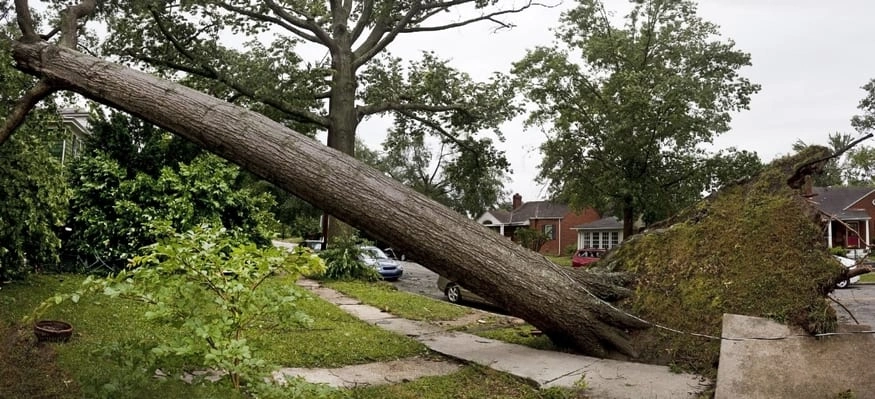What Is Hazard Insurance for a Home?
Hazard insurance covers your home from risks like fire or theft. If you have a mortgage, your lender requires it. Read More

Hazard insurance covers your home from risks like fire or theft. If you have a mortgage, your lender requires it. Read More

Flood insurance costs an average of $1,039 a year in New Jersey. Most flood insurance is bought from the government, but private companies offer it, too. Read More

Second home insurance covers your vacation home against damage and theft. It usually costs more than a policy for your main residence. Read More
Calculating your home insurance cost before buying a policy can help you get the cheapest rate for the coverage you need. Read More

The cost of flood insurance in California ranges from $21 a month in Alpine County to $184 a month in Lassen County. Here’s how it works. Read More

The Hanover is the best homeowners insurance company in Detroit, with the city’s cheapest rates ($1,218 a year) and many discounts. Read More

Personal property insurance covers a wide range of belongings as part of your home insurance policy. Valuable stuff may need extra coverage. Read More

Texas Farm Bureau has the cheapest home insurance in Dallas for most people, with rates of around $3,850 a year. Chubb is the best company for high-value homes. Read More

Homeowners insurance isn’t required by law, but if you financed your home, your lender will demand you have it. Read More
Windstorm insurance in Texas covers loss due to wind and hail, especially along the coast. It may be a policy separate from home insurance. Read More
